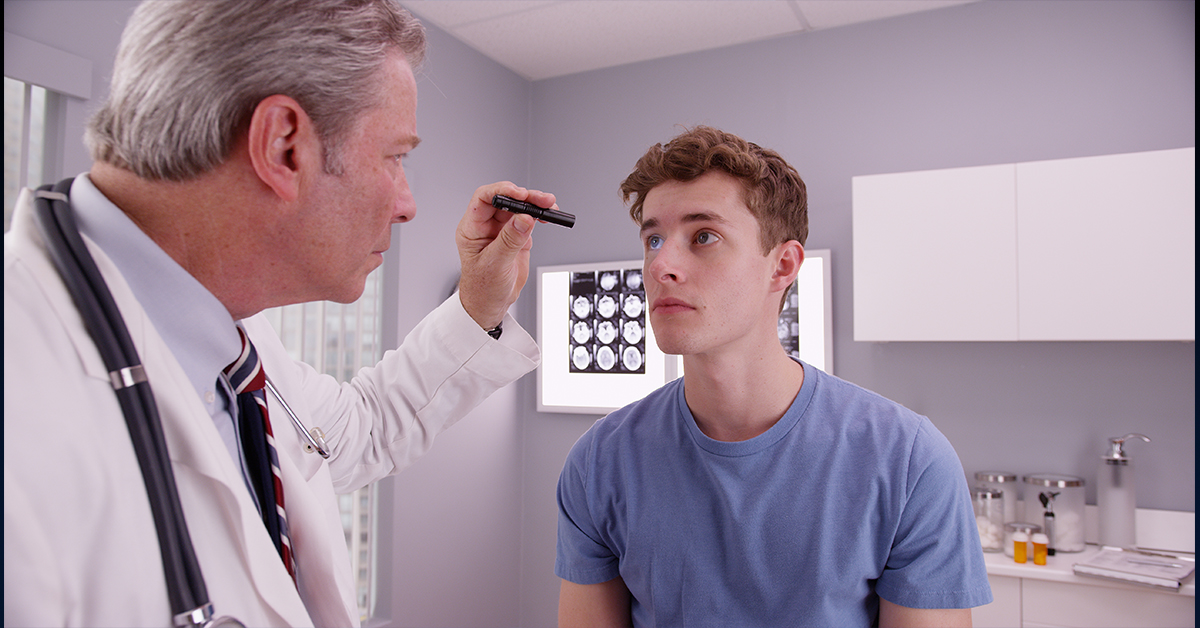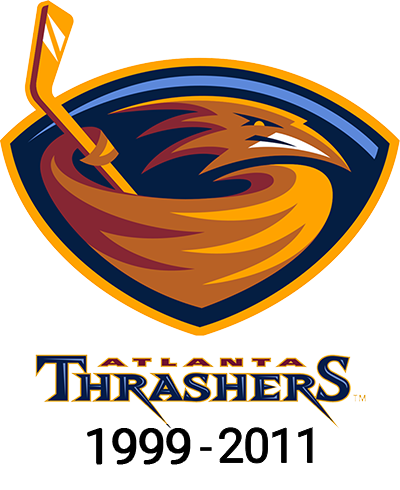It’s only ok for a cartoon character to see stars when he hits his head. You might have a concussion. Learn more here:
Concussion

How A Concussion Occurs
The brain is surrounded by cerebrospinal fluid and wrapped in protective tissue called meninges. The final means of protection is the skull. A concussion occurs when the head or upper body receives such a powerful force that it causes the brain to hit the inside of the skull. This can happen if a person is in an accident, hits their head, or falls. Contact sports are one of the most common situations in which one can get a concussion. In a severe concussion, this strike against the skull can damage the meninges and cause a hemorrhage, resulting in harmful pressure in the brain.
Symptoms
Concussion symptoms can vary depending on the severity of the injury. Some people lose consciousness briefly, have a headache, or feel confused and tired. Dizziness, "seeing stars," nausea, and a ringing in the ears can also be symptoms of a concussion. Some experience symptoms hours or even days after the concussion, including memory lapse, irritability, depression, sleep disorders, and light or noise sensitivity.
Diagnosis
To diagnose a concussion, your doctor will perform several exams, including a neurologic exam to test the patient's memory, concentration, balance, reflexes, and vision. If the doctor sees evidence of a possible concussion, a computerized tomography, or CT, scan will be taken to determine the concussion's severity. Patients may be asked to stay overnight for observation. If symptoms become worse, it may indicate potentially fatal swelling or bleeding of the brain.
Treatment
Rest from mental and physical activities should be taken at the first sign of a concussion. Over-the-counter medication like acetaminophen may help with headache. Close observation of the patient should be maintained for the first 24 hours to ensure symptoms do not worsen. In someone has been diagnosed with a concussion before, care must be taken to avoid a second concussion before the brain can heal. This can cause Second Impact Syndrome, a potentially fatal condition in which the brain swells rapidly. Because of this, patients should not return to activities like sports until concussion symptoms have passed.




